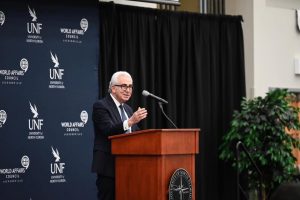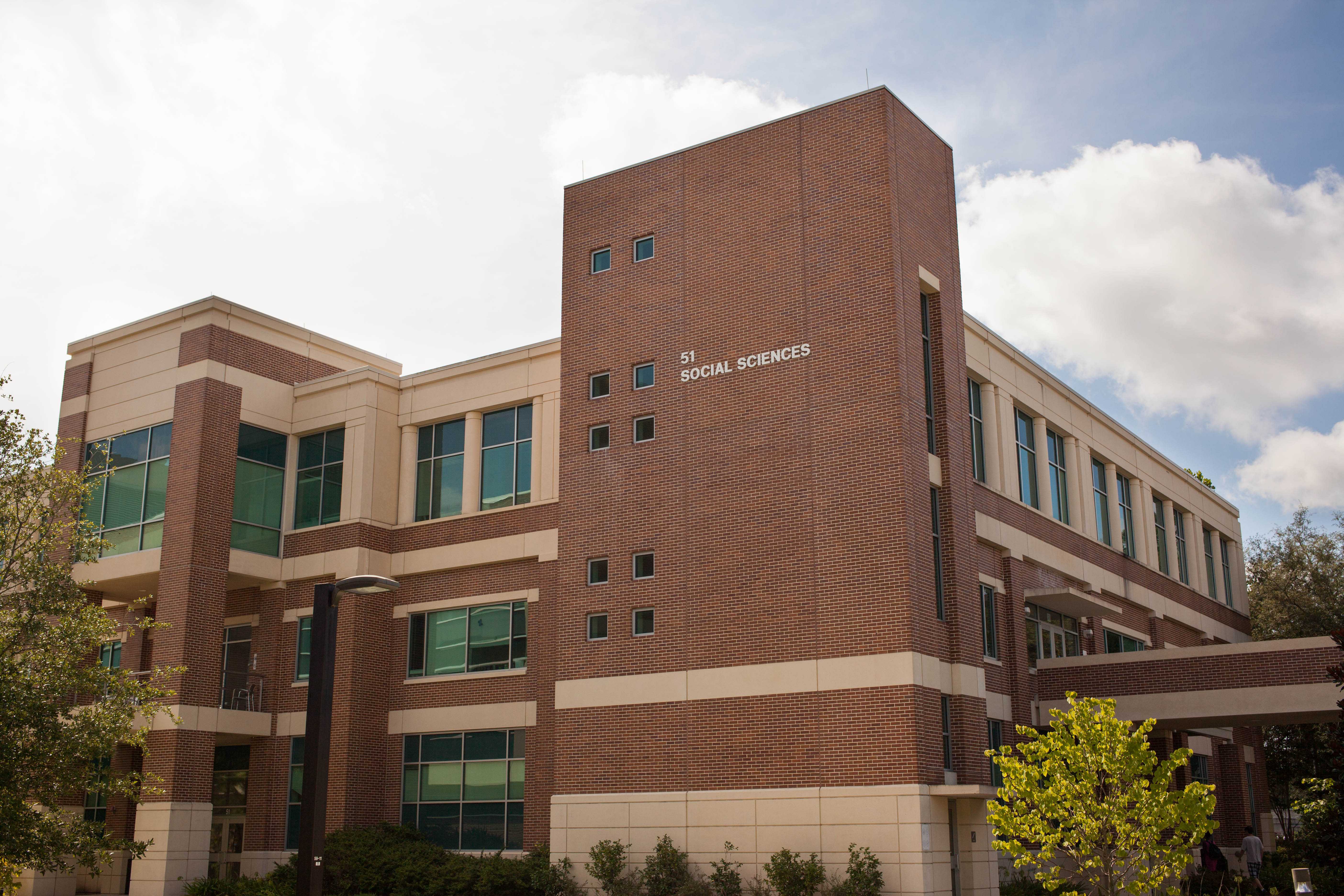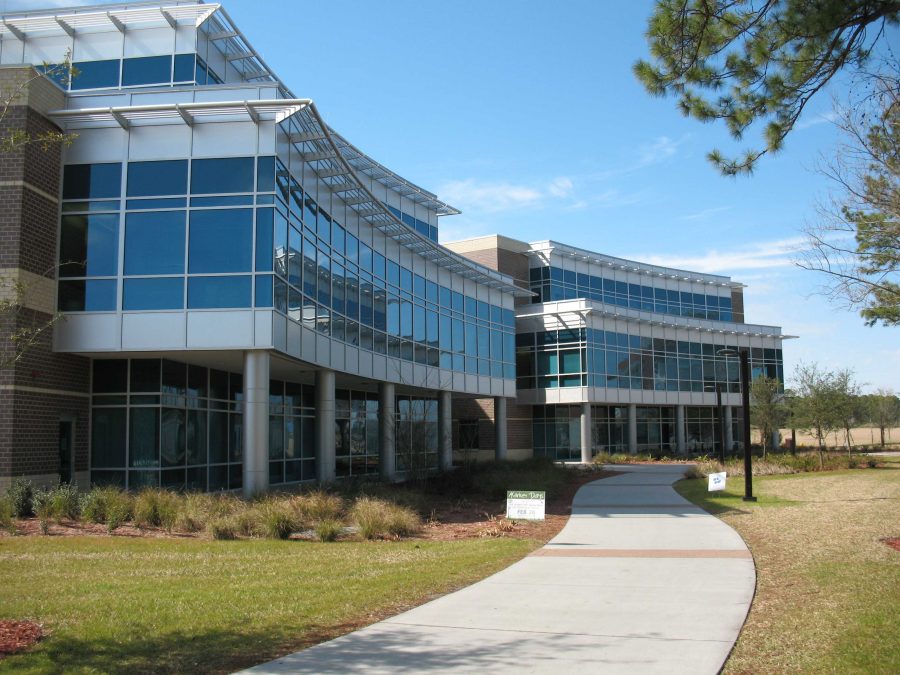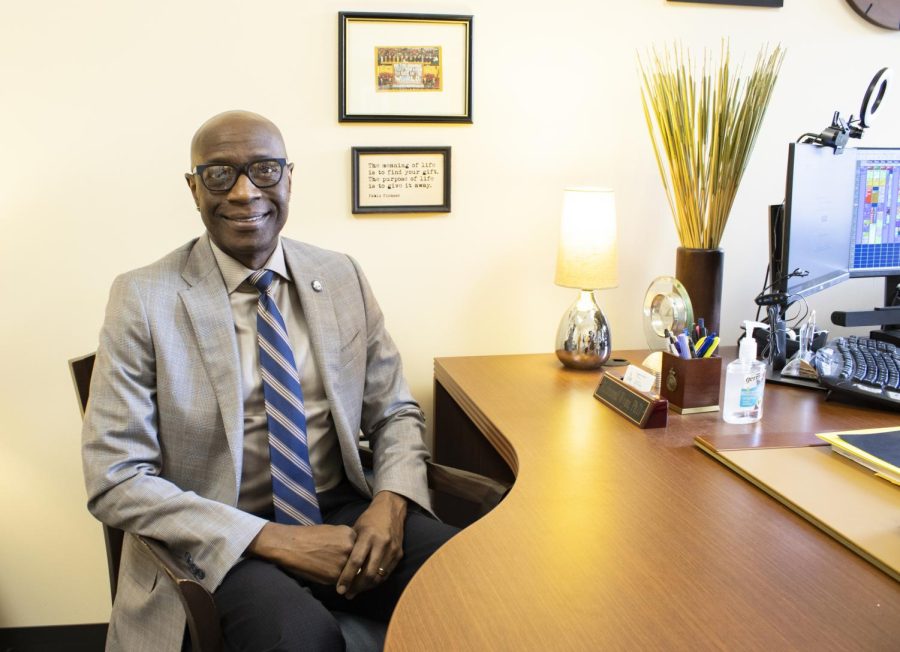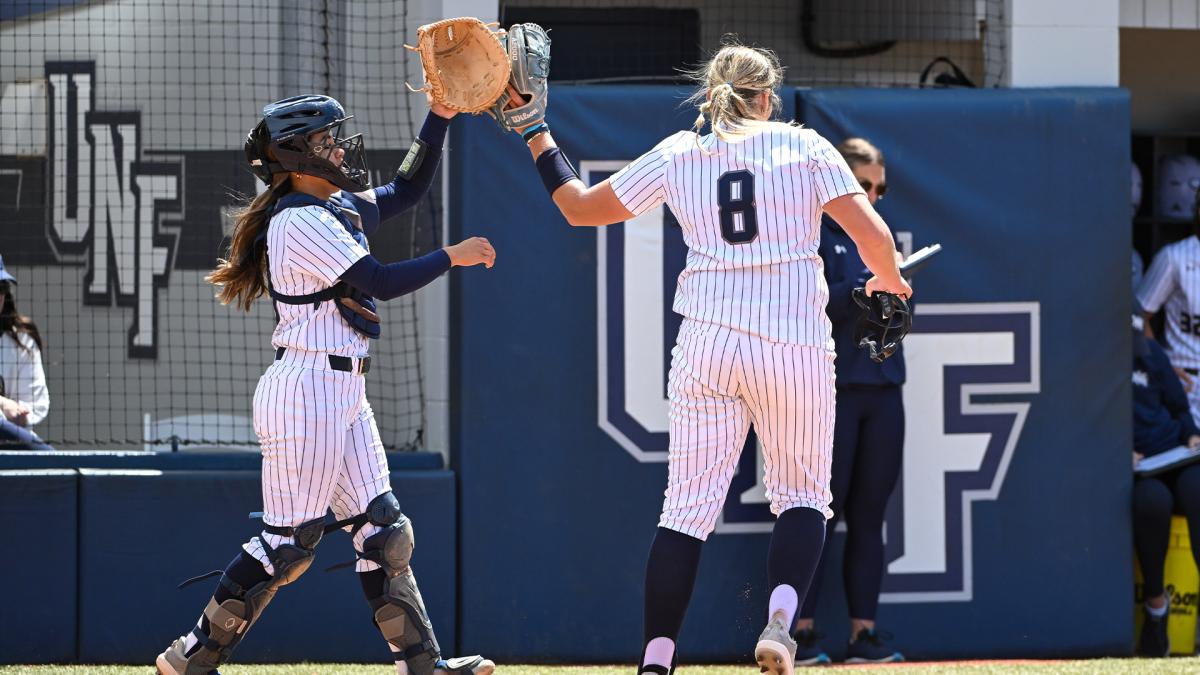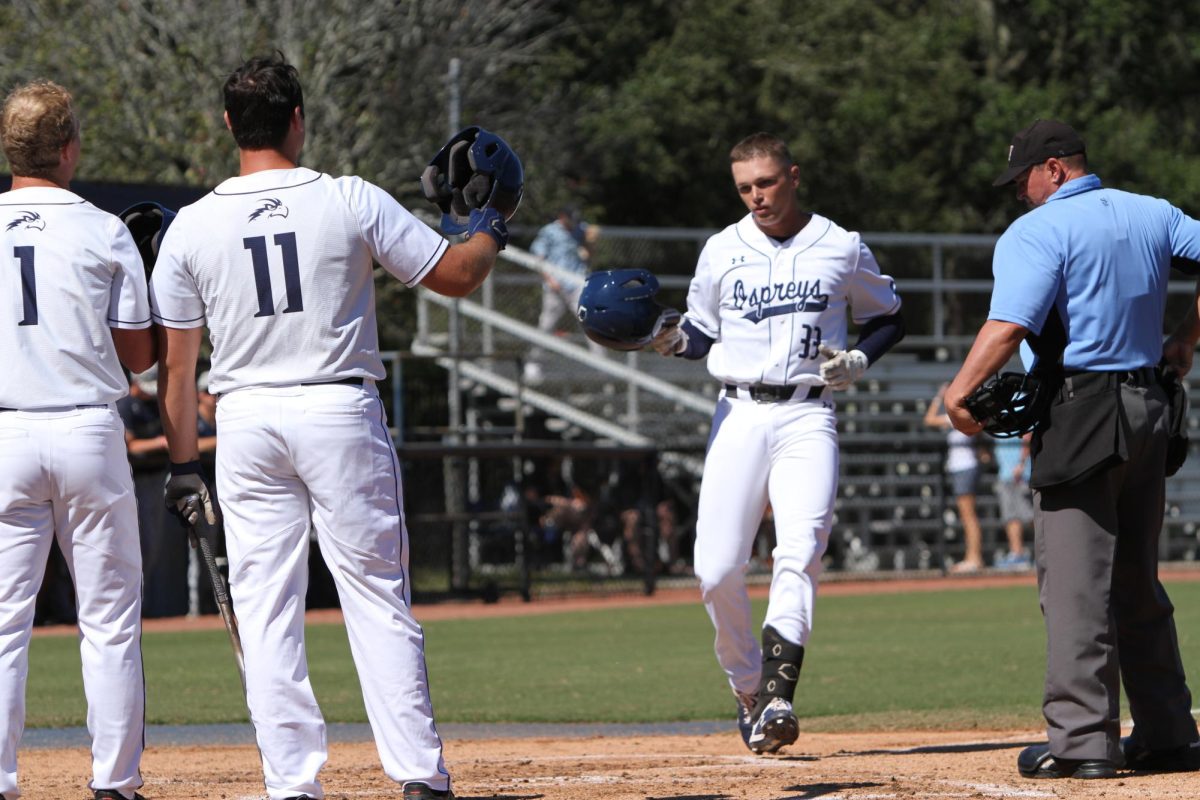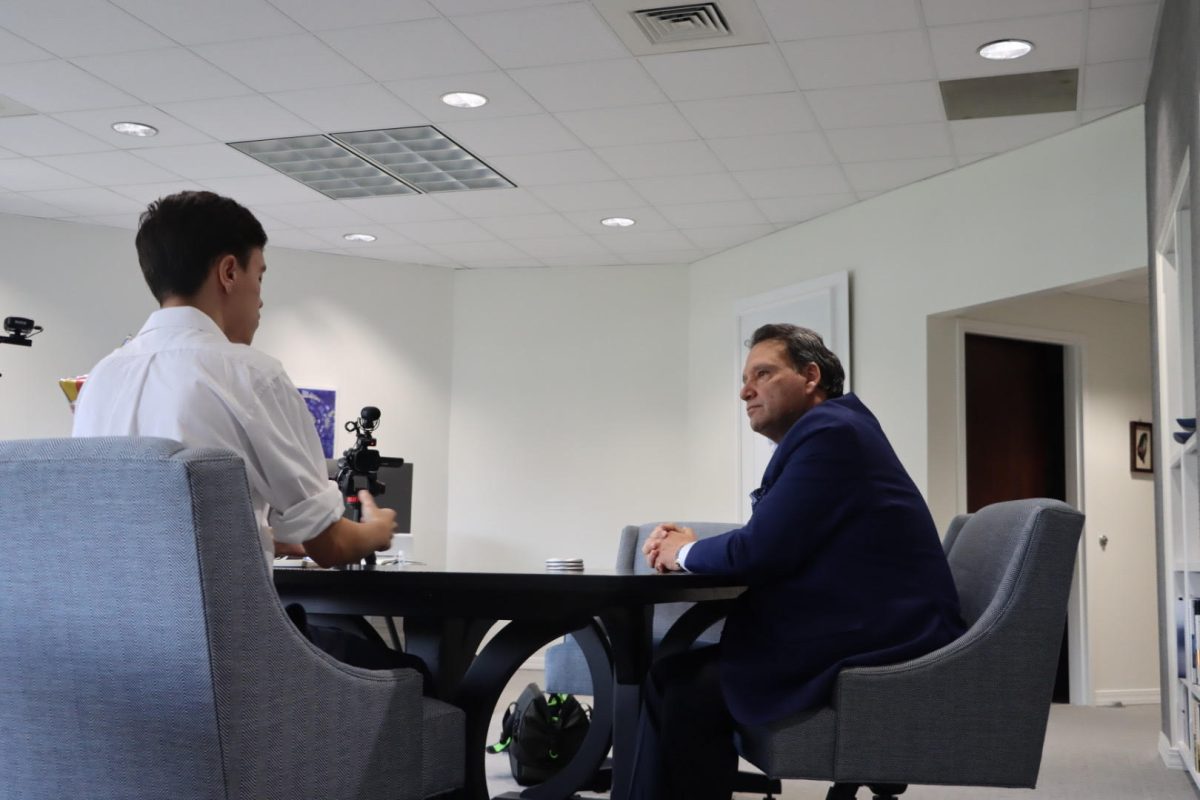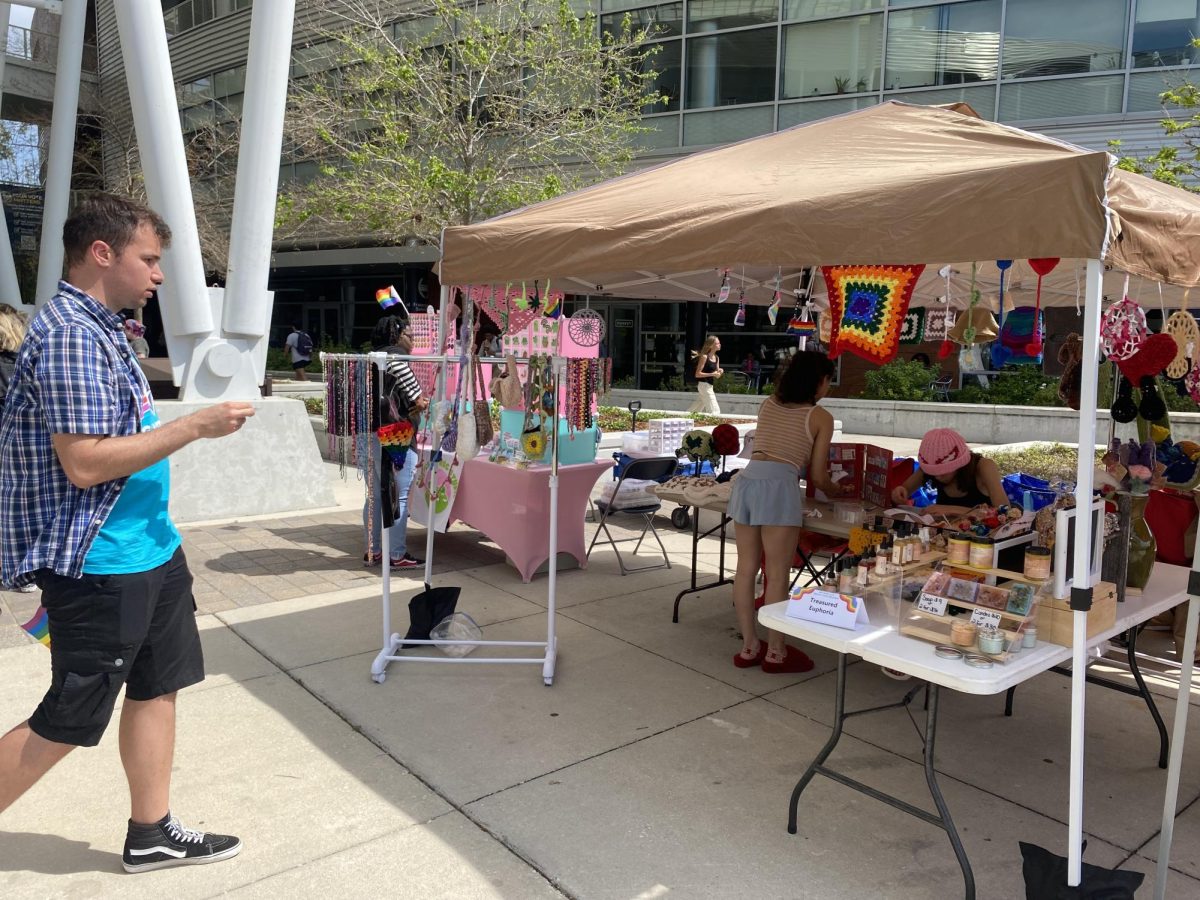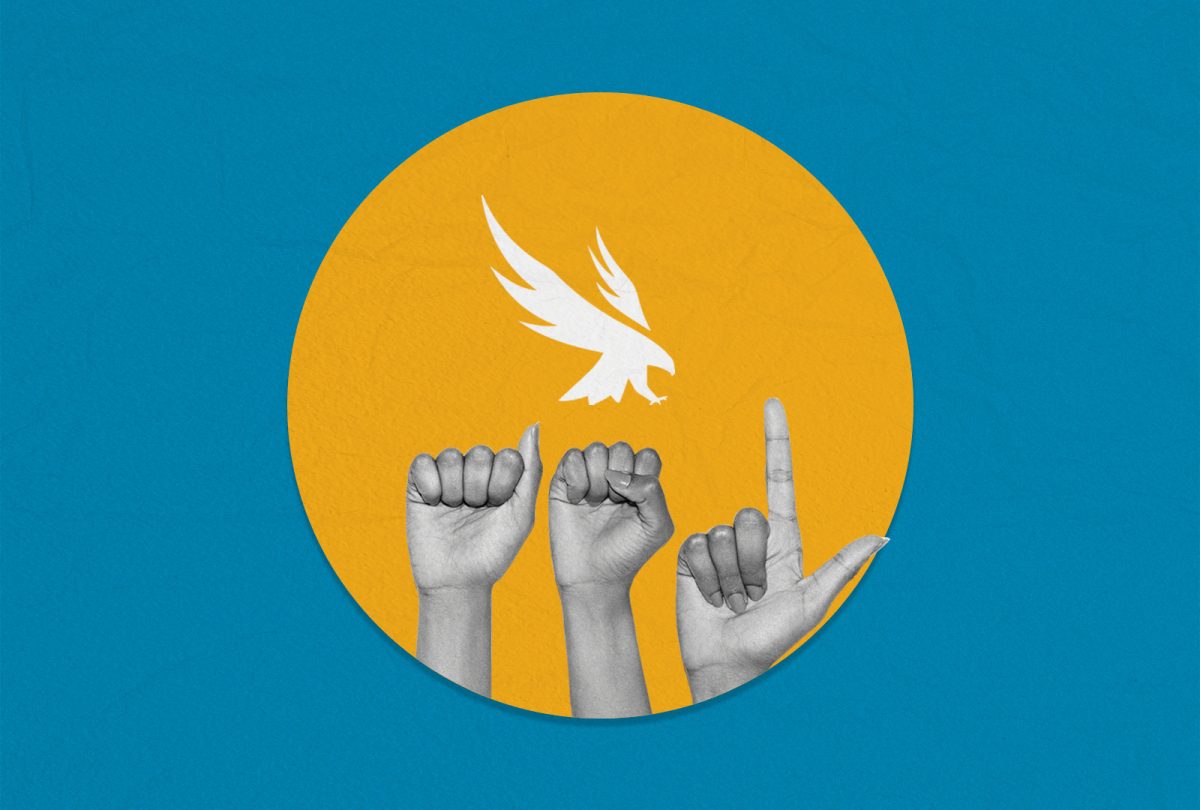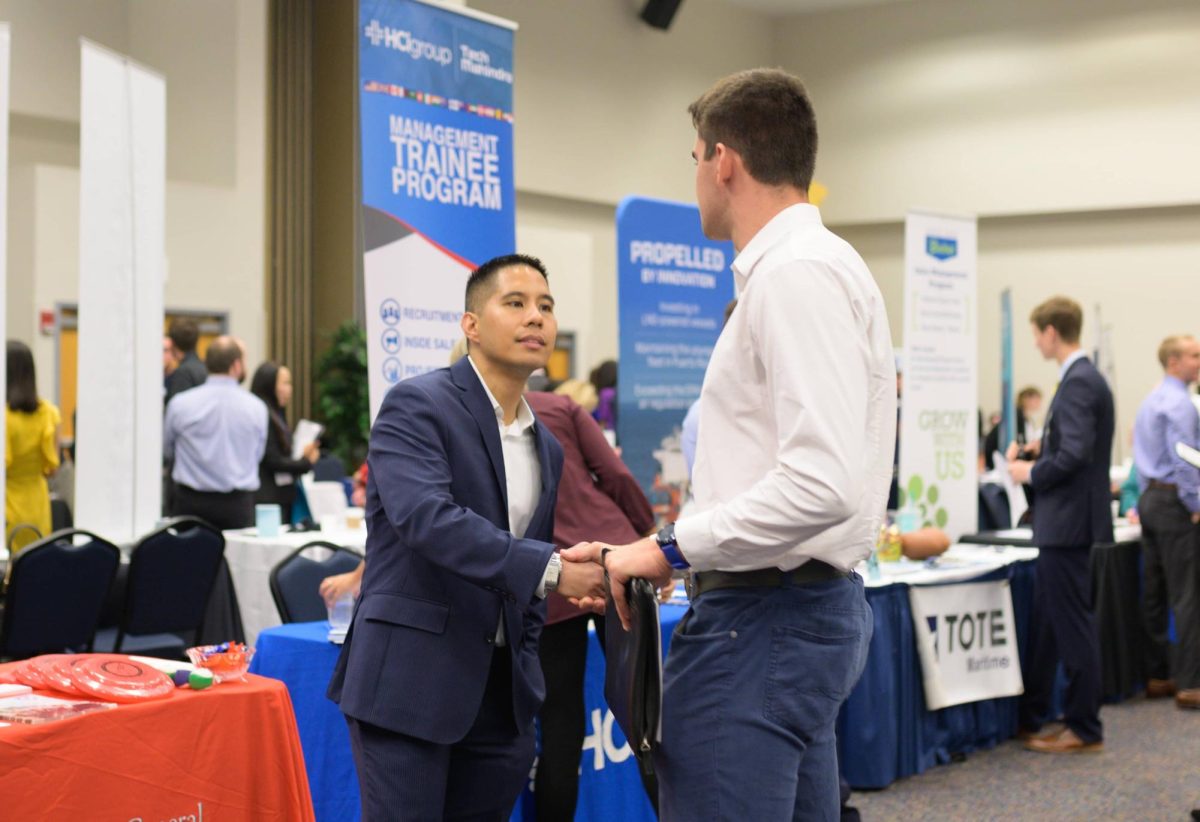Mark O’Mara sat at the conference table with an air of carelessness. Dressed in a crisp sport coat and flanked by two equally well-dressed men, his eyes gleamed with confidence and his mouth curled in a lazy smile. O’Mara’s charm was undeniable, it was easy to see why even his most zealous opponents might find it difficult to dislike him.
“Famous” lawyers are few and far between, but O’Mara has become a virtual rock star in the legal world, gaining attention for his charismatic defense of George Zimmerman, who was famously indicted and then acquitted on charges of second-degree murder and manslaughter in 2013. The Washington Times even praised O’Mara as “the modern-day, real-life variant of lawyer Atticus Finch” from To Kill A Mockingbird. When Zimmerman was ultimately acquitted, after a year of media-fueled public frenzy, O’Mara soon found himself as a CNN legal analyst, often contributing to stories focused around race.
O’Mara visited UNF last Thursday to give a lecture titled “On Race and Justice.” Spinnaker had a chance to meet with O’Mara before the lecture for a one-on-one exclusive. Although the student “meet and greet” session wasn’t without Zimmerman questions, O’Mara wasn’t there to speak about the trial that was his original claim to fame. Instead, he was there to speak about the larger issue of race and racial biases in our society, specifically the criminal justice system.
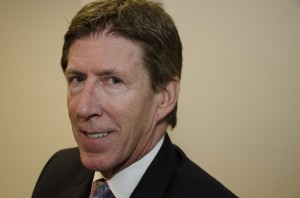
Photo by Robert Curtis
“We refuse to talk about [race]. We are so unaware of how to cross the gap of conversation between the races that we just don’t. And in not talking about it, we are keeping alive those very systematic biases that we would like to talk about,” O’Mara said in an interview with the Spinnaker. “So it’s almost this circle of lack of conversation that keeps causing us more and more problems. There’s no doubt that we have to address this issue.”
Now, many people would be quick to point out that a white, upper-class male should probably be the last person to be speaking about race. Yet, O’Mara and Zimmerman were at the epicenter of an issue that renewed the most public interest in race since the O.J. Simpson trial.
“What’s happened with Zimmerman is that we began a focus in the media and social media on events that have a context of race and racial relations in America and race in the criminal justice system,” O’Mara said. “Now we’re continuing the conversation about it.”
Michael Dunn’s recent trial was in many ways Jacksonville’s own version of the Zimmerman trial or the events in Ferguson. All three received national attention, most notably for the role that race played in them, and all three involved the death of a young black man. Yet, where Michael Brown’s death was at the hands of an officer and Trayvon Martin’s death was at the hands of a neighborhood watch vigilante, Jordan Davis’ death was at the hands of another citizen. In this we can see that although racism and racial bias are certainly present in our justice system, it is also certainly present in our society.
One of O’Mara’s efforts to continue the dialogue about race is the TalkingRace project, founded by O’Mara and UNF’s own Dr. JeffriAnne Wilder, associate professor of sociology. Talking Race’s purpose is to provide an opportunity and medium for people to discuss race in a constructive way.
One way TalkingRace provides this is through its website’s “Hear a Story, Tell a Story” feature. Here, people can anonymously submit stories of when they have encountered racism in their life.
Stories here range from the first impressions of America from a 70-year-old Scottish immigrant to a 19-year-old African American man recalling his first encounter with racism in high school. O’Mara hopes that providing an anonymous outlet for these kinds of stories could help breach the gap between the races.
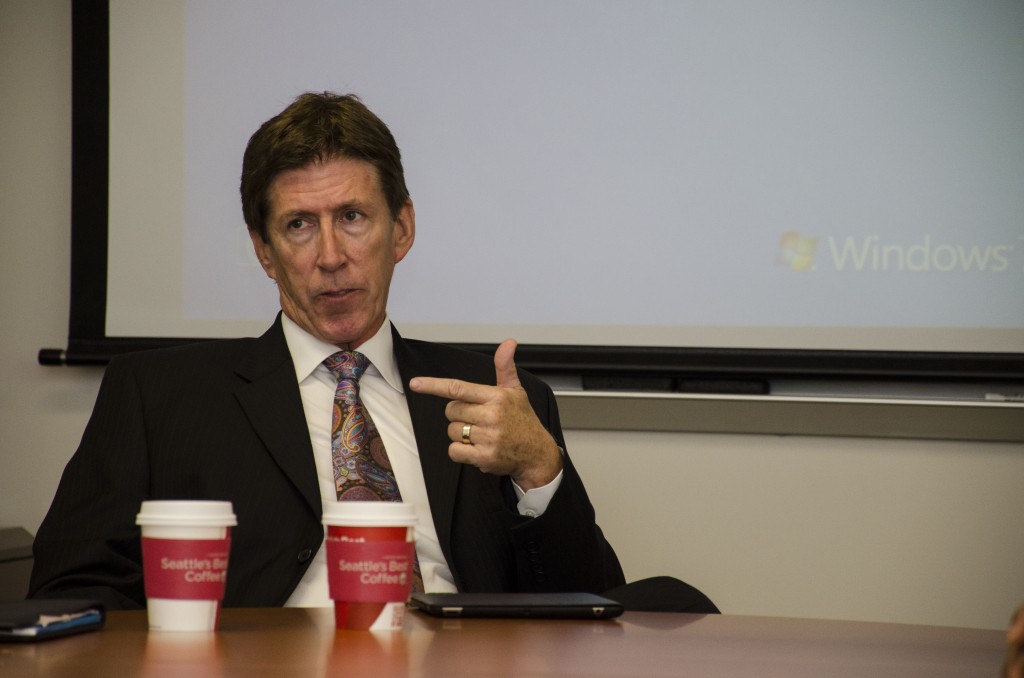
Photo by Robert Curtis
O’Mara, along with fellow lawyer Don West and social media expert Shawn Vincent, also started the Justice Outreach program. According to its website, Justice Outreach’s purpose is to “identify what is broken in the American criminal justice system and to advocate for change.” A large component of this is identifying laws and practices in the criminal justice system that tend to be biased towards non-white citizens.
“If you look at every law in Florida, they’re all race-neutral, as well they should be. There’s nothing that says ‘blacks should be treated this way.’ But when you look at the people who are in the system, we know that it is slanted or biased against black males, particularly young black males,” O’Mara said. “The reality is that there are a lot of dynamics in the criminal justice system, the result of which there are way too many black males incarcerated in this state and every other state in the country.”
Of course, if the laws aren’t biased, then the next logical step is that those enforcing them are. The events in Ferguson, Mo. have led to an enormous national debate, not just over race and racial biases in laws, but over the actions of law enforcement as well. O’Mara was quick to point out that the answer to this problem wasn’t too far out of reach.
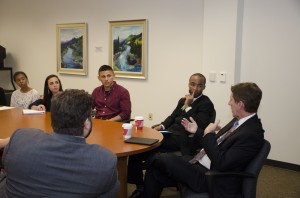
Photo by Robert Curtis
“I don’t think there is a quick-answer solution to most societal problems, but let me tell you something: Cops wearing cameras and having cameras on dashboards, it’s going to help us enormously. We already know from the studies of those departments that have them, their rates of complaints against cops have gone down and there’s no dispute or less dispute over what happened,” O’Mara said.
Cameras and law enforcement aside, O’Mara also has strong views on the juvenile justice system and its impact on society.
“The juvenile justice system, which is the entry point or exit point for kids into the criminal justice system, is becoming more of an entry point. We have to look at what we’re going to do with our 10 and 12 year olds that come into the system and how to keep them out of the system,” O’Mara said. “One way to keep them out is to make sure they have a team working with them. Unfortunately with single mom’s or dad’s, with two or three jobs, they can’t be apart of that team because they have to be at work. What we’re trying to do through Justice Outreach program is to bring together a team.”
O’Mara hopes that if a team can be assembled around a child and support them, the child would be much less likely to be a repeat offender. Furthermore, having a team of reliable adults present with them during their court hearing could possibly cause the judge to look at the situation a little more leniently.”
“If we keep kids out of the criminal justice system, we’ll keep them out of the adult system,” O’Mara said.
In lieu of family or friends, O’Mara hopes that local adults could provide the much-needed support for the child. Coaches, neighbors, church members and social workers are all possible candidates. Bringing up these issues, O’Mara contends, is the first step to dealing with the problem. The true work, however, happens as we continue the dialogue, something that O’Mara hopes will be accomplished by the younger generations.
“I am actually encouraged by the fact that the younger generation is willing to talk about it. Get out there, talk and don’t let a case like the Dunn case just be resolved by the verdict,” O’Mara said. “Talk about it, get it figured out.”
Email Alex Wilson at reporter15@unfspinnaker.com


